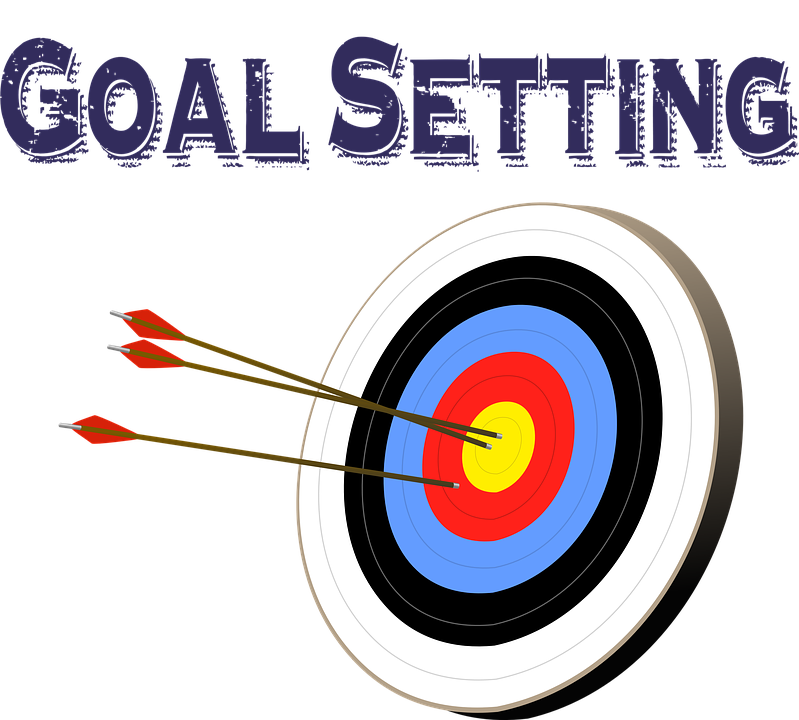The previous segment discussed the Coaching Manager (or Coach) responsibilities. In the current segment I will discuss the Client (the direct report) responsibilities. In a very broad and deep way, the client (the direct report) is responsible for setting goals, and identifying problems, or blocks. The Client also needs to prepare an agenda for the coaching sessions. The Client needs to consider if their Agenda, and Goals are valid for the organization, department, and the client’s long term vision. The Client needs to stay engaged in the constructive dialogue, and stay within the guardrails that the Coaching Manager has set. If important, but not directly related issues arise, it is the Client’s responsibility to capture these issues, and work with the Coaching Manager on how best to work through the off-topic issue. As I have said previously, in some cases, the side issue may be more important, and more pressing than the set Agenda topic. If this is the case, the Client must be flexible, and listen to the guidance of the Coaching Manager, and dig into the new topic. Alternately, the side topic might be important, but not urged. In this case the client needs to capture the topic as a parking lot issue. Time-keeping falls to the Coach, but the client needs to be aware of the general organization of the session. As a recap, the first phase of the session, Set Scope, should only take 5 to 10 minutes. The body of the session is phase two, Constructive Dialogue. Constructive Dialogue can typically run 40 to 45 minutes. The third, and final phase, Accountability, take another 5 to 8 minutes to wrap up the session, and set deadlines for action items.
Below is a list that outlines the important items in the Coaching Manager and Client relationship that the Client is responsible for:
- Prepare a session (1:1 meeting) Agenda, and submit to the Coaching Manager for review.
- Confirm date, time, and place for the session.
- Review the Agenda in advance of the meeting.
- Attend meeting, and be prepared to discuss the agenda topics.
- Inform the Coaching Manager of any important issues that have arisen since sending of the agenda.
- Stay engaged in the session process.
- Understand and work within the guardrails, and scope the Coaching Manager sets for the session.
- Weigh ideas that the Coaching Manager presents and provide feedback.
- Articulate specifics when the Coaching Manager asks for details on a goal, or task.
- Be open to new ideas and approaches the Coaching Manager may suggest to get past blocks.
- Keep constructive dialogue on topic.
- Record any parking lot issues that may arise.
- Take notes during the constructive dialogue, and accountability phases of the session.
- Formulate next best steps, and ask the Coaching Manager for feedback.
- Consider any potential blocks to proposed action steps, and goals.
- Work with the Coaching Manager on a plan to eliminate or minimize any potential blocks.
- Provide realistic deadlines for deliverables.
- Record delivery deadlines.
- Recap deliverables, and deadline dates.
- Confirm the date, time, and place for next session.
- Drive to complete the agreed upon deliverables on time.





 RSS Feed
RSS Feed